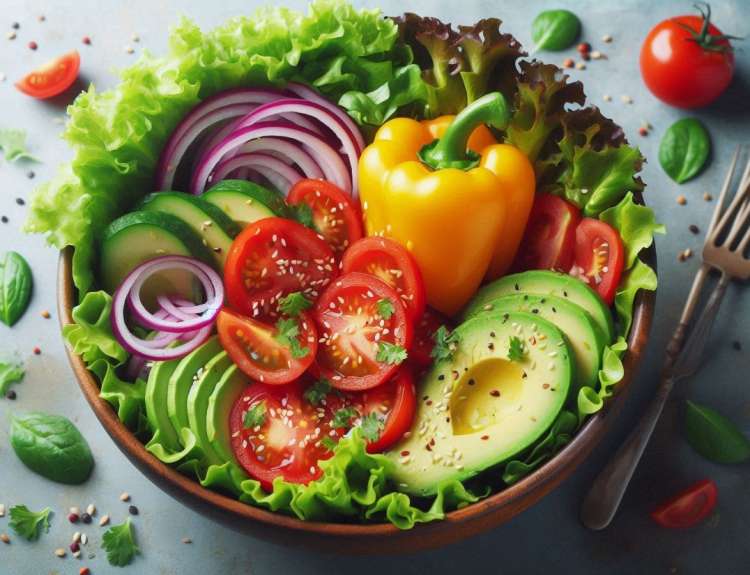Introduction
Have you ever accidentally touched something hot or spilled a pot of boiling water? Ouch, right? That’s what we call a burn, and believe me, they can be quite painful. Understanding body burns and how to remedy them not only helps in providing immediate relief but also prevents further damage. So, let’s dive into the causes and remedies for body burns.
Types of Body Burns
First-Degree Burns
First-degree burns are the mildest type. You know, the kind that turns your skin a lovely shade of red, like a ripe tomato and causes minor pain and swelling. These burns only affect the outer layer of skin (epidermis) and usually heal within a week.
Second-Degree Burns
Now, let’s move up a notch! Second-degree burns impact both the outer layer and the underlying layer of skin (dermis). You’ll notice blisters forming, along with significant pain and possible swelling. The healing time can last from two to three weeks, depending on the severity.
Third-Degree Burns
These are the bad boys of burns. Third-degree burns affect deeper layers of skin and may even damage surrounding tissues. The skin often appears charred, dry, or leathery. Surprise, surprise—these can result in significant pain, although, in some cases, the nerve endings might be damaged, leading to numbness.
Common Causes of Body Burns
Understanding the causes can be quite enlightening when it comes to prevention. Let’s take a look.
Heat Sources
Flames: The classic campfire or a candle left unattended can be culprits. Always keep flammable items at a distance!
Hot Objects: Think about touching that sizzling skillet or a heated metal surface. Ouch!
Scalding Liquids: Ever spilled a pot of pasta water? Those hot liquids can cause severe burns and are one of the most common causes.
Chemical Burns
Chemical burns happen when your skin meets harmful substances like acids, alkalis, or solvents. Always handle chemicals carefully, folks!
Electrical Burns
These can occur from electric shocks, where the current travels through the body causing burns, usually hidden beneath the skin.
Sunburn
Ever spent too long under the sun without protection? That redness you see is your skin’s way of saying “Help!”
Symptoms of Body Burns
Visual Indicators
When it comes to burns, you’ll likely see redness, swelling, blisters, or even blackened skin (in the case of third-degree burns).
Reflected Pain
Feel like your skin is on fire? Well, burns typically come with pain that varies depending on the severity. First-degree burns are mildly painful, while third-degree burns may hurt less due to nerve damage. How odd is that?
Immediate Remedies for Burns
So, you’ve encountered a burn. What now?
First Response Steps
- Stop the burning process: Get away from the heat source!
- Cool the burn immediately: Run cool (not cold) water over the burn for about 10-20 minutes.
Cooling the Burn
Remember, a cool compress can work wonders, but avoid ice—it can cause more damage.
Covering the Area
After cooling, gently cover the burn with a clean, non-stick bandage to protect it from infection.
Home Remedies for Minor Burns
For minor burns, you don’t always need a trip to the hospital. Here are some home remedies to try:
Aloe Vera
Aloe vera is a godsend for treating burns. Its soothing properties help cool the pain and promote healing. Just apply the gel straight from the plant!
Honey
Believe it or not, honey isn’t just for tea; it has natural antiseptic qualities! Applying it to the burn can help speed up recovery.
Coconut Oil
This magical oil isn’t only good for cooking; applying it can keep the skin moisturized, reducing pain and preventing infection.
When to Seek Medical Attention
Sometimes, even the best remedies aren’t enough. Here’s when to grab your phone and call for help.
Signs That Indicate a Serious Burn
Seek medical help if:
- The burn is larger than three inches.
- It’s on the face, hands, feet, or over a major joint.
- You see signs of infection, like redness or pus.
Professional Treatment Options
Medical professional treatments may include pain relief medications, specialized dressings, or in severe cases, surgery.
Conclusion
Burns can happen in the blink of an eye, but with the right knowledge of causes and appropriate remedies, you can manage them effectively. Always remember to take care of minor burns at home, but don’t hesitate to get professional help for more severe cases. Stay safe and enjoy your cooking without the mishaps!
FAQs
What should I avoid doing with a burn?Avoid applying ice directly to the burn or using butter, as these can worsen the damage.
How do I know if a burn is serious?Look for signs like severe pain, blisters, or a burn larger than three inches.
Can I use ice on a burn?No, ice can cause further skin damage. Stick to cool water!
What is the best home remedy for burns?Aloe vera and honey are popular choices due to their soothing and healing properties.
How can I prevent burns in the kitchen?Always use pot holders, keep flammable items away from heat sources, and be cautious around hot surfaces.





